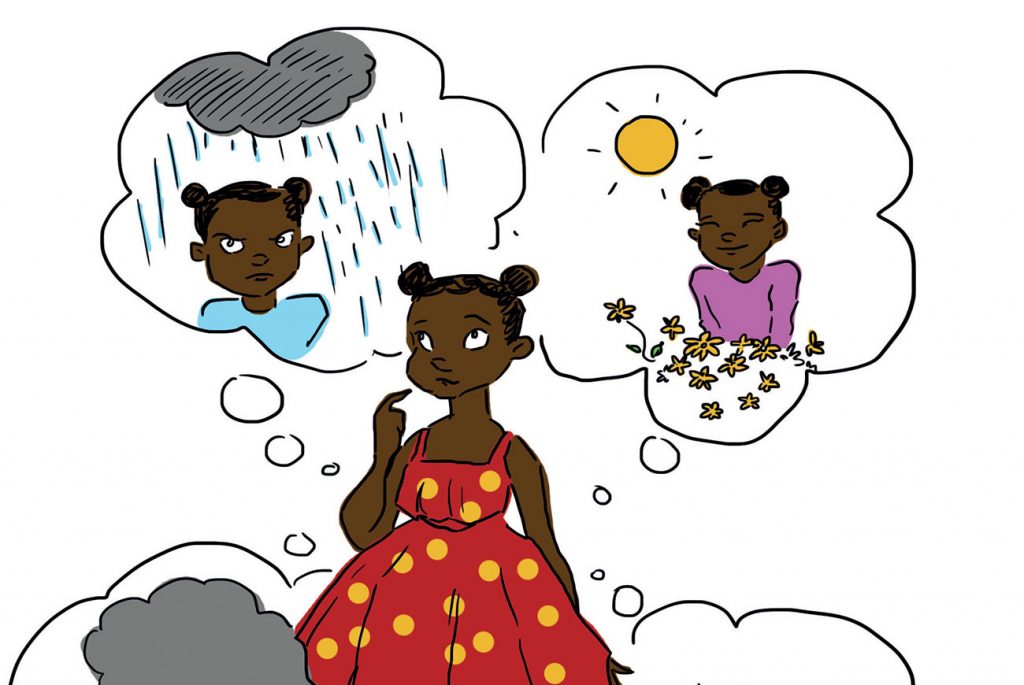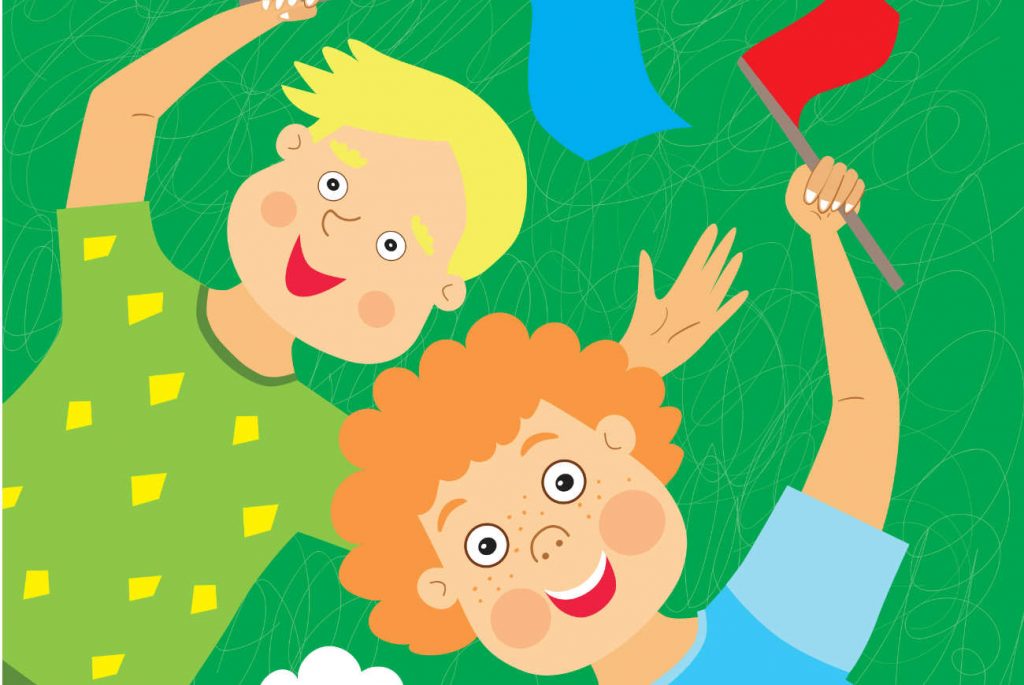Teaching kids fairness
Storyberries offers great tips as well as free children's books to help kids understand and develop the valuable skill of fairness.

Storyberries offers great tips as well as free children's books to help kids understand and develop the valuable skill of fairness.

Fairness is considered to be impartial and just treatment or behavior, without favoritism or discrimination and in everyday life, is seen as treatment that is just and equitable.
Children feel injustice from a young age, even though they may not be able to express it. For example, they sense when someone is being inappropriately punished. How many times have you heard a child say “That’s not fair!’?
Psychology was the first field to study justice as an aspect of moral development. Pioneers like Jean Piaget, Lawrence Kohlberg, and Carol Gilligan considered justice to be a distinct aspect of cognitive development, suggesting that between the ages of 4 and 10 years, the moral development of a child goes through two different stages:
In the first stage of growth (heteronomy) the child imagines that their own interests directly coincide with those of others. Control of this behaviour is externally driven – that is, they follow rules in order to avoid punishment and to avoid causing damage to anyone or anything around them.
To distinguish good from evil, and just from unjust, the child under the age of 4 starts with a very clear premise; everything he wants or likes is good and just. The child’s vision of the world gradually changes as they learn societal norms of behaviour.
In the second stage (individualism) the child realizes that the interests of other people do not have to coincide with their own, and that it is necessary to negotiate with others to achieve real satisfaction. The child also begins to realise that sometimes they need to put other people’s needs first, even if it means doing things they don’t like, or they don’t want to do.
What a child might consider fair evolves according to their maturity, but here are some ways to enable kids to make a sense of fairness part of their life:

To help children tolerate discomfort in the face of “injustice,” set a good example
When children see adults respond calmly to frustrating events, it helps them to do the same. When we praise their efforts, children are encouraged to behave that way again.

Learning through playing games
With rule-based games (which start around the age of 5), as well as having fun and socializing, children learn to think, to respect others, to comply with rules, to wait their turn, to strive, to win… and to tolerate frustration when, despite their efforts, they do not achieve what they want!

Allow children to lose and make mistakes
Sometimes parents let their kids win so that they do not get sad or angry. It is wise to let them win as well because it helps the child to have more self-confidence, but doing it consistently is not such a good idea. If the child gets used to winning all the time they will create a false image of themselves and find it much harder later on to accept loss or imperfection.

Take time for emotional expression
Teach children to be kind towards their own feelings. When facing frustration in an unfair situation, it is healthy to feel the emotions that arise. By identifying what you feel, you can reflect on the situation and recognise if you are the victim of an injustice, or feeling some disadvantage. Expressing anger, jealousy, and other emotions will help channel that energy and cope assertively when you become an adult.

Talking about justice can help in situations your child brings up in conversation
How can we demonstrate fairness in the family? Well, with TV turns, or turns in setting the table with siblings, kids need to see equity. “Dad, why can’t I choose the video I want to watch? Isn’t it unfair that my brother chooses it?”. “Yes, it’s fair that he chooses it; because you chose the video we saw last night. Now it’s up to him.”

Fair treatment for all!
Children’s deep sense of justice demands that they and others be treated with fairness and consideration. Justice for them means that limits are set, but without anger, that rules are established, but without humiliation, and that problems are faced, but without attacking others for having a different approach to the problem.


The Moon-Cake
A big boy tricks a little boy into giving him his cake by comparing it to the moon. A really helpful starting point for discussing fairness, and mistreatment or bullying.

The Old Witch
In this vintage fairy tale, two sisters seek their fortune, but only one of them is being fair and helpful to others.

The White Hare and the Crocodiles
In this classical story for 7-12 year olds, the white hare deceives some crocodiles, and then learns to tell the truth. A really good story for discussing why honesty matters.
Article by Luzmery M. Romero Gamboa and Fleur Rodgers

Luzmery works in the area of clinical psychology as a psychotherapist for children, adolescents and families. Since 2016, she has run a Psychological Center in Venezuela called Psicoluz. She offers workshop facilitations to parents, is involved in recreational activities for children, and has been working as a freelancer since 2017 performing online psychotherapy.

Fleur is a meditation teacher in France and uses a compassion and loving-kindness based approach to meditation and slow-minded living. Fleur posts regularly to Instagram @rodgers.fleur . She has two children, is a qualified teacher in adult education and is the founder of Timeouttobreathe.com
